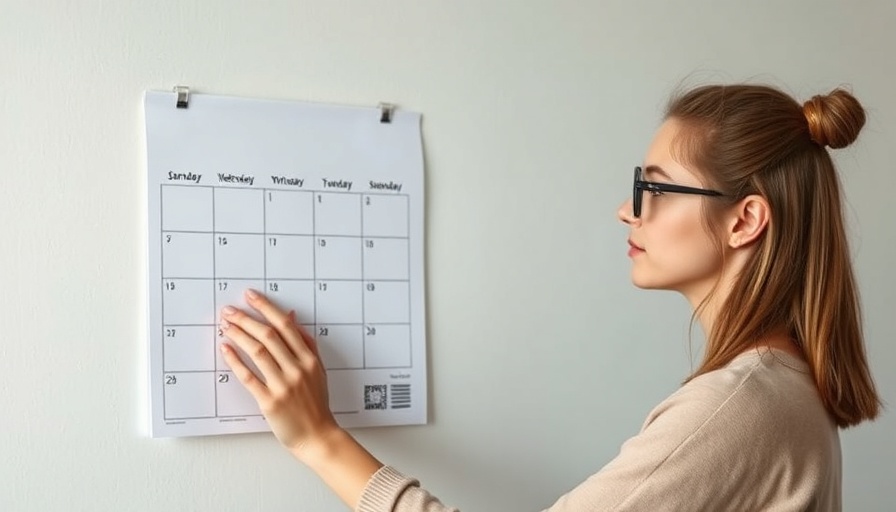
The Science of Habit Formation: Beyond 21 Days
As January draws to a close, many are reflecting on their New Year’s resolutions, with some feeling defeated in their attempts to keep their promises. The myth that it takes 21 days to form a habit has been ingrained in our culture, but recent research informs us that the reality is far more nuanced. A comprehensive meta-analysis from the University of South Australia challenges this long-held belief, revealing that the median time needed to establish health-related habits usually spans at least two months—precisely between 59 to 66 days. In contrast, some habits can take nearly a year to solidify.
The Truth Behind the 21-Day Myth
This 21-day idea originated from a plastic surgeon named Maxwell Maltz, who noticed that it took about that amount of time for his patients to adjust to their new appearances. This generalized assumption might have given people a misleading timeline for building long-term habits, unintentionally setting them up for disappointment. Progress is rarely linear, and the expectation of immediate results can often lead to frustration in realizing that different habits require different timeframes.
The Diversity of Habits: What Influences Time?
The recent study noted by Ben Singh, a co-author of the analysis, demonstrates that the complexity of a habit plays a crucial role in how quickly it can be integrated into daily life. Simple tasks, such as daily flossing, might be adopted within just a week; however, more complex behavior changes, like overhauling one’s diet or exercise routine, can take many months—sometimes even up to 335 days. Understanding this variability encourages individuals to customize their approach rather than adhering to a strict timeline.
Optimizing Your Habit-Building Strategy
For those striving to build healthier habits, timing is vital. The researchers recommend that individuals pursue new habits in the morning when motivation is typically at its peak. Morning routines are powerful because they set the tone for the rest of the day. Consider integrating exercise or meal prep early on, allowing positive momentum to carry throughout your daily activities.
Realistic Expectations: The Key to Persistence
The findings of this study not only shed light on the timeframe of building habits but also serve to influence how people set their expectations. With realistic benchmarks, individuals can maintain persistence even when results seem to lag. Recognizing that habits require dedication over time can provide the necessary encouragement to continue, particularly during the inevitable plateaus where progress feels stagnant.
Setting Up for Success: Practical Steps
As we navigate the challenges of establishing new routines, here are some practical strategies to enhance your habit-building journey:
- Start Small: Break larger habits into smaller, more manageable tasks.
- Track Progress: Keeping a journal can help in reflecting on progress and celebrate small victories.
- Find Accountability: Share your goals with friends or family to build a support network.
- Be Flexible: Understand that life is unpredictable and be willing to adapt your plans when necessary.
- Reward Yourself: Acknowledge milestones with small rewards to maintain motivation.
Embracing the Journey: Inspiration for the Road Ahead
Your journey toward building new habits is uniquely yours. As you confront the challenges that lie ahead, remember that it’s okay to experience hurdles along the way. The insights from this recent research highlight the importance of patience, personal dedication, and flexibility. Ultimately, it’s about embracing the process rather than fixating solely on the end goals.
Final Thoughts: Shifting Your Mindset
It's crucial to reform our understanding of habit formation from a formulaic approach to a more personalized one. If you find yourself struggling, acknowledge that you may just be on your way to forming lasting changes that will benefit you in the long term. By treating habit-building as a journey rather than a race, you may discover a newfound passion for personal growth and overall well-being.
 Add Row
Add Row  Add
Add 



Write A Comment